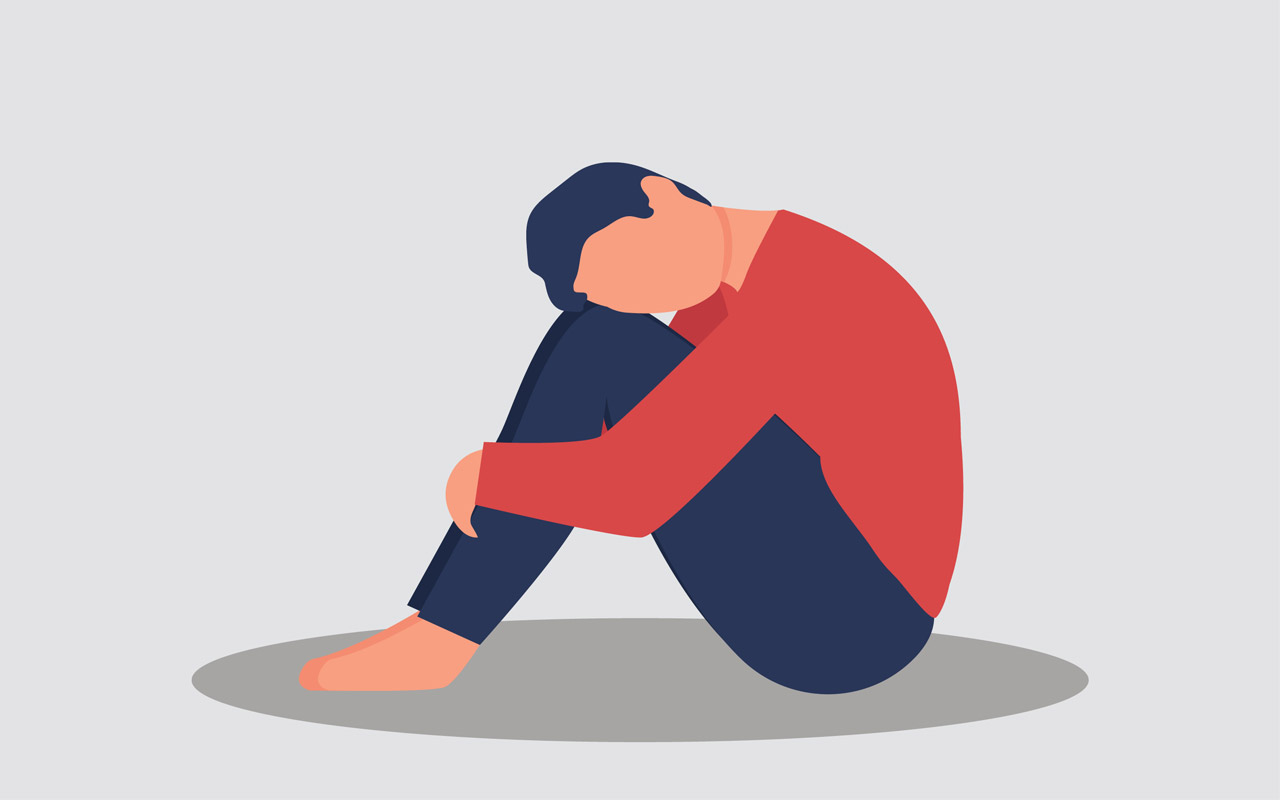“If someone you know seems to be experiencing depression, the important thing to do is to let them know you care and you are there for them,” says Alan Giordano, MSW, LCSW, Director of Outpatient Services at Penn Medicine Princeton House Behavioral Health’s North Brunswick location. “That can be hard to do if the person is not receptive to talking about their feelings, but there are things you can say to help ease their pain and leave the door open for them if they decide to open up.”
Giordano offers the following suggestions of what to say to someone who may be experiencing depression:
1. I am here for you; you are not alone.
2. You don’t have to say a thing, but if you want to talk, I am always here to listen.
3. I will not judge you; I care about you.
4. You don’t have to apologize.
5. I am really sorry you are going through this; it must be difficult for you.
6. What can I do to help?
7. What have you tried in the past that has helped?
8. Let’s explore what options are available to help.
9. Be kind to yourself.
10. Don’t give up.
If the person you are concerned about is not ready to open up, regularly remind them that you are there if they need you.
“It can help to focus more on their behaviors rather than their emotions when reaching out to them,” says Giordano.
“For example, if someone is not bathing or has not left the house in some time, focus your concerns on those behaviors rather than the emotions that may be involved. It can be easier to discuss and address a behavior than an emotion, and it is a great starting point.”
A wide range of outpatient and inpatient services are available at Princeton House, focused on helping children, teens, and adults with depression, as well as other mental health and substance
abuse issues.

